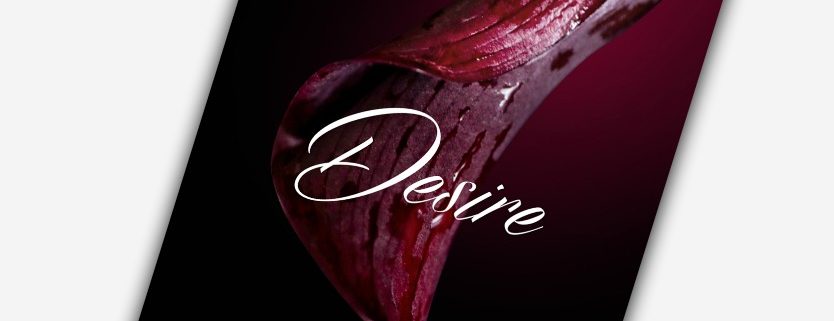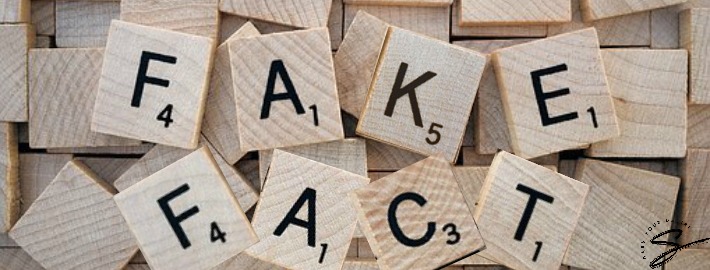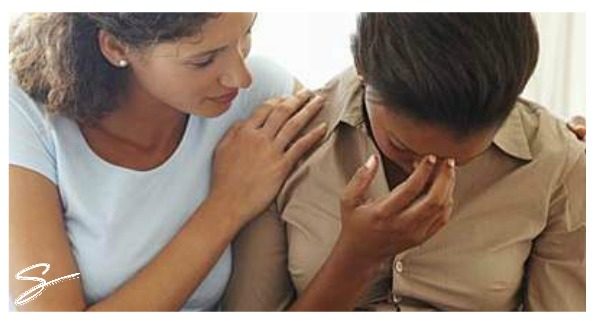Sexual Abuse in the [Un]Conscious Sexuality Movement
More and more gurus are being called out for their sexual abuse and sexual misconduct.
This is not actually surprising. What is surprising, however, is that we are repeatedly surprised by this fact.
There’s something important about this behavior to point out because the most obvious path is to blame the gurus or men in positions of power and forget that it takes two to tango.
There are no victims here, not really.
Naiveté is no longer a free ticket to making bad choices and pointing our finger at our abuser.
If we are adult enough to make choices, especially around sexuality, then we are adult enough to be responsible for the outcome of our choices, even when we are unsure of ourselves or new at an endeavor.
I’d like to propose that there’s something else, other than just the obvious abuser/victim cycle, at work here.
However, before I dive into why hijacked desires are a detriment to all involved, I do want to take a moment to point out the obvious:
A Sexual Guru Isn’t Not A God, He/She is Human
There is a need for people to learn about their sexuality and sexual energy. It’s part of our erotic evolution to seek out teachers and guides in this area, yet there are no real standards in place for these teachers/teachings.
Somehow, for many decades (if not longer) no one has ever questioned the authority of these sexual guru figures.
Or if someone did question them, their voice was never translated for the rest of us to benefit from.
Personally, I started my journey with a wide open heart and a deep desire to learn the arts of conscious sexuality. As a young woman, I viewed advanced Taoist and Tantric practitioners with a sort of reverence reserved for the gods of ancient Greece.
Very quickly, however, I got to see how ‘unconscious’ the conscious sexuality movement actually was:
Story 1: Men surrounding me at a Tantra evening, calling me a Goddess and saying all sorts of ‘formula’ phrases designed to make my female ego throb with desire. All it did was freak me out. And worse, they would NOT let me out of their circle. I had to force myself out between two bodies and literally run away. So much for being adored as a ‘Goddess’.
Story 2: My first teacher seduced me with ideas of ‘higher teachings and special initiations’. Because of my need to be seen and feel special, I bought into his ideas. They involved having sex with him. It was pretty lame sex and I never felt the promised ‘orgasm that takes me to God’. To be honest, I felt more with my own hand in the quiet of the night.
Story 3: As a teacher myself, I was confronted, over and over again, by mothers whose daughters had fallen for the ‘sex teacher’. When I approached the founders and leaders of my community, I was told that I didn’t understand because I was married!!! What?! I retorted that even as a single woman teaching the work, I had never looked to my students for my sexual and relational needs, so why would male teachers be exempt of this? Are we not here to serve our students to learn, grow, and evolve? Obviously not, it’s more like having easy access to a lot of willing sexual partners.
The list odd stories is endless.
I’m sure this has been going on for as long as there have been sexuality teachers. What’s surprising is how few of us seem to go into these communities armed with this knowledge.
I’ll tell you why this is so:
- We have our own agendas that we want met. We are blind to what is obvious and see only our own projections rather than the truth.
- Living by ideals and not reality. We all have a fantasy of the perfect situation, with the perfect teacher, and the perfect outcome, but the truth is that this is rarely the case and we’d be served to notice the truth of a situation instead of insisting on pushing our ideals.
- We assume that anything ‘Eastern’ is holy and impeccable. This is absolutely ridiculous. Humans are humans. They have needs. If we cannot see this, then we are intentionally sticking our heads in the sand.
- Young women are especially vulnerable. We are resolving our daddy issues, we want to be special and unique, we want to be Goddesses (especially sex Goddesses), we believe that we need a teacher to unlock our potential, and so forth. You get the picture. We do not teach young people about the right to say what happens with their bodies—what I call Sexual Sovereignty. Because of this, they simply don’t know any better and with that comes risk.
- Drive-Thru Sexuality Practices. This is at the crux of most of the issues in this industry. What is known and out there is actually of very poor quality. It has been left unchallenged for far too long and diluted more and more as the information gets shared wider and wider. The truth of the practices is that they have long been exchanged as an excuse to resolve sexual tension and insecurities.
Fairly early on in my journey, it became very clear to me that the information that was available as ‘alternative or conscious’ sexuality practices was more of a joke. Many times were led by sexual predators and/or sexual addicts.
A large number of people seek alternative sexuality education as a way to initiate their own sexual healing. Some of these individuals teach. In truth, they decided that they were qualified to lead and teach, yet have only managed to grow their neurotic relationship with sexuality and propagate more trauma.
This issue is compounded by ‘hijacked’ desires.
We want what we want no matter the cost,
even the cost of our own integrity
The desire to evolve sexually is honest and real.
The desire to do this no matter what the cost, is BS.
We live in a world that has made a currency out of our sexuality for so long we’ve no clue what it actually means to be a sexual being.
Add sexual repression and layers of dissatisfaction and sexual shame, and we have the perfect climate for an unconscious ‘conscious sexuality’ movement.
Transforming Lead To Gold – Awakening Consciousness
In the Conscious Sexuality Movement
Judging something to be right or wrong only serves to separate ourselves further from it, but it doesn’t actually make the issue go away. This means that instead of judging people and their choices, practitioner or participant, we’d be better off learning from what we are witnessing and using that learning to create deeper, more meaningful experiences.
If we want to actually contribute to bringing more consciousness into sexuality, then we need to hone our discernment while we ditch our judgements.
Discernment is the ability to see the truth and to act in alignment with it without having to make something good/bad or right/wrong. Discernment empowers aligned action, which deepens our self-trust and personal impeccability.
Seven Crucial Aspects of Transformation
- We get to own that we desire to grow sexually and sensually. This is a true and honest calling.
- We get to also own that we feel incomplete and that we are seeking something or someone to reassure us that we are okay.
- To speak out, to question, to challenge authority is crucial, especially in the field of sexuality. Although this can lead to being ostracized, shunned, we must be willing to risk ‘not being liked or approved of’ if we are to take a stand for our own sexual sovereignty.
- We must understand that there are literally ZERO standards in the [un]conscious sexuality movement and that we must exercise discernment to the utmost degree.
- If you want to know the truth of a teacher, look at their life: How do they live? Are they single or partnered? If they are in a relationship, is it successful? [Many people have a public persona, but what happens when no one is looking is a different matter all together.] Do they have their own method or are they proposing they are following a lineage? How long have they practiced? Who did they learn from, and more importantly, how did they take the information and embody it? Do they believe you need them to grow and evolve? Are they insisting on teaching you through having sex with you? (FYI: The most inadequate teachers require this form of contact. Very high level practitioners would never request this of you NOR would they need such an exchange to transmit their understanding of the deeper wisdom to you).
- Have you already experienced abuse? If you have, where are you in your reclamation of your sovereign space? You have the right to feel all the feelings you are moving through, there’s no need to be anything other than who you are in this moment and to learn from what happened so that you are able to choose differently in the future.
- Call out those who are out of integrity. It’s important not to collude with the group. If something is off inside the group or with the leader of the group, call them on it. It will not feel nice to do this, but it’s worse to stay silent. If you aren’t ready to do this for yourself, then do it in defense of others.
A New Paradigm For Sexuality
Sexuality isn’t just the act of sex, or more specifically, the act of intercourse.
For more than two decades, I’ve been inviting people to consider the idea that they are sexual beings, not sexual ‘doings’ and inviting them to explore what that means for them personally. This idea can be profoundly challenging as it goes against the ideals and assumptions of society, yet it’s worthy of contemplation.
Being able to define something for ourselves is also invaluable on this journey along with the ability to understand that we were born erotically intact and intelligent.
We are standing at a crucial moment in human history and evolution, a moment where we no longer can afford to be unconscious, where we must ‘grow up’ emotionally and sexually and from this new vantage point, create the world we’d love to live in.
Gurus, old ideals, and ongoing, recurring human behavior are being upgraded, whether we partake willingly or not. Either way, through choice or pain, we will grow. How we go through this growth phase is determined by the choices each of us makes in the micro-moments of life.
It’s time to put sexuality in its rightful place: a natural, sovereign, integral part of being a human being.
This birthright comes with responsibilities. If we want deeper, more intense and alive sexuality, then we must equally be willing to take greater and more thorough responsibility for our choices—from birth control to saying yes or no—and owning the consequences of those choices as a sexually sovereign adult.
If this article speaks to you, we’d love to hear your thoughts (feel free to leave them in the comments below) and have you share it with your community. Come over to TheDaringProject.com to deepen the discussion and we’ll gift you a free 30-day trial.




